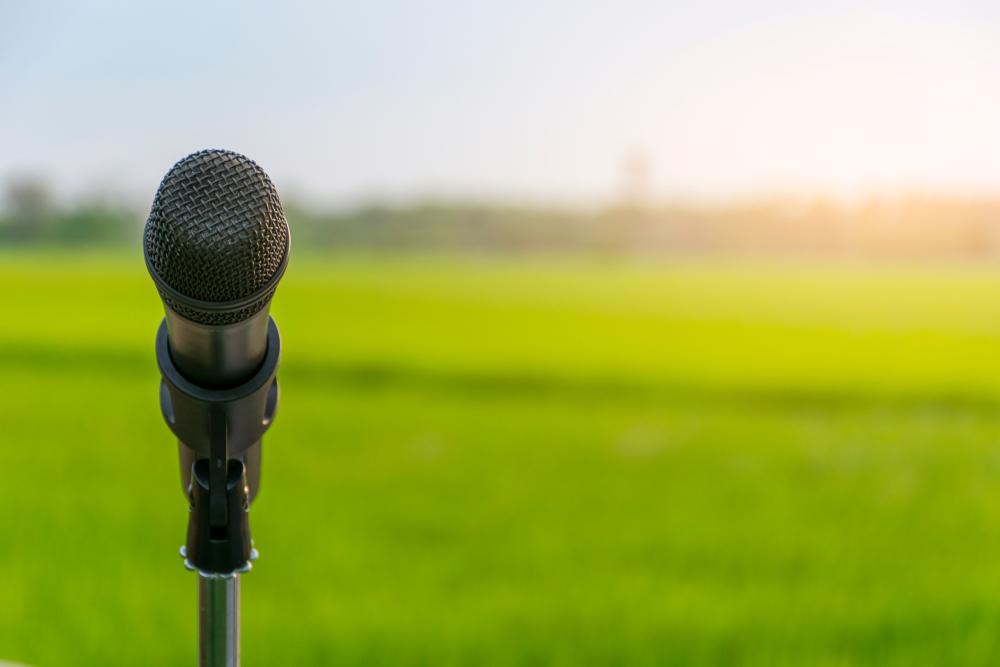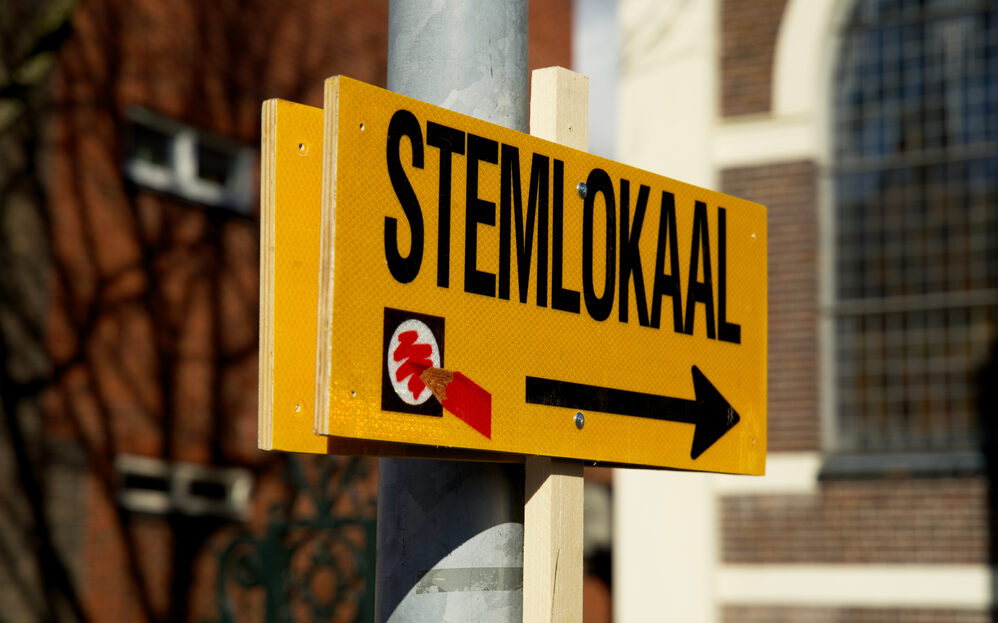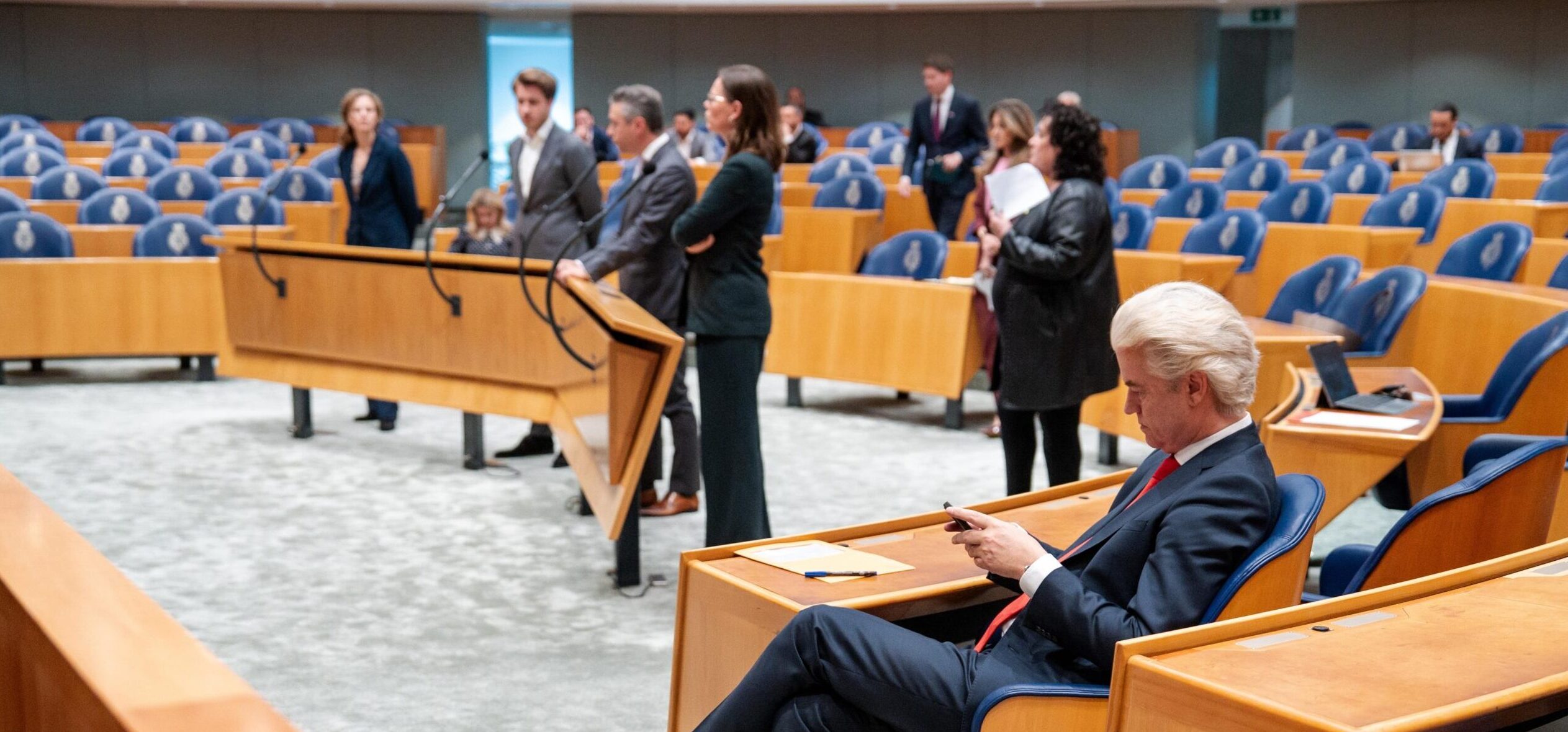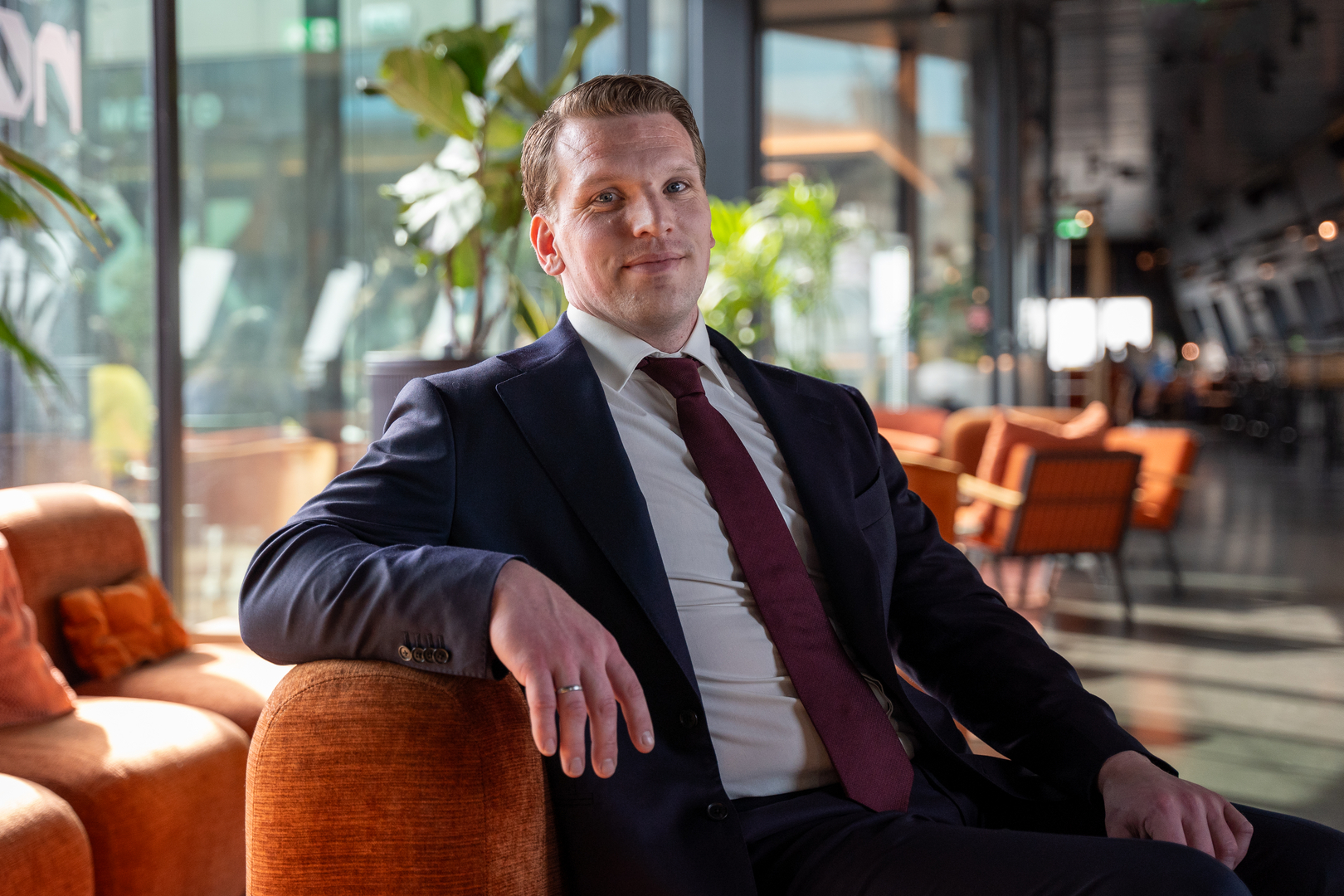Several agricultural organisations recently cautioned WUR president Sjoukje Heimovaara that ‘political considerations and policy decisions have no place within Wageningen UR’. The criticism (see box below) has not deterred WUR from facilitating three electoral debates on key political issues within the domain of Wageningen. The debate on 14 November has the greatest WUR influence.
The Gelderlander Climate Debate is scheduled to take place in Omnia on Thursday evening 2 November. The debate is organised by the daily newspaper De Gelderlander, and guests include climate minister Rob Jetten and Gelderlander reporter Ellen Willems, as the final stage in her ‘climate tour’ of the province. Tim van Hattum, programme leader for Climate at Environmental Services, will contribute on behalf of WUR. He will detail a picture of The Netherlands in 2021. The debate starts at 19.30 pm and will end at 21.00 hrs. The debate is fully booked.
Debate on animals
In Nieuwspoort in The Hague, a debate on animals will be held on Friday, 3 November. WUR is involved through its role in CenSAS, the Centre for Sustainable Animal Stewardship, a collaboration between Animal Sciences and the Utrecht Veterinary Faculty. The debate will touch on topics such as the return of the wolf and humane animal husbandry. The latter topic will be introduced by Wageningen animal welfare researcher Fleur Hoorweg. Political journalist Frits Wester will lead the debate, in which seven members of parliament participate: Laura Bromet (GL/PvdA), Dion Graus (PVV), Tjeerd de Groot (D66), Erik Haverkort (VVD), Erik Stegink (BBB), Frank Wassenberg (PvdD) and Femke Zeedijk (NSC). The debate will take place from 15.00 till 16.30 hrs and is also available on livestream.
Agriculture and nature debate
The debate with the greatest WUR influence is the Agriculture and Nature debate, to be held on 14 November. This debate hones in on the key issues related to agriculture and nature in the Netherlands, recently detailed in a report by WUR (see box). These dilemmas include questions such as: should agriculture be more entwined with nature? Or: Can Dutch food production retain its global scope, or will it be forced to scale back due to nature and climate, and, if so, how will global food security be affected?
Daily De Gelderlander is one of the organisers of the debate that is specifically meant for campus residents (students, researchers, “green” entrepreneurs). A number of agro-entrepreneurs and nature conservationists have been invited. The debate is scheduled from 19.30 till 21.00 hrs in Omnia. Registration is mandatory.
Participants in the debate are Eva Akerboom (PvdD), Laura Bromet (PvdA/GL), Thom van Campen (VVD), Pieter Grinwis (CU), Tjeerd de Groot (D66), Harm Holman (NSC), Cor Pierik (BBB) and Eline Vedder (CDA). Gelderlander editor-in-chief Joris Gerritsen and Agriculture and Nature Reporter Albert Heller will lead the debate. A short interview with Sjoukje Heimovaara kicks off the evening.
Criticism: WUR should be neither “in favour” nor “against”
The report WUR Perspectives on agriculture, food and nature, published in October, prompted the critical open letter by the agricultural organisations. In the report published by WUR, Wageningen researchers identify six dilemmas, with matching difficult decisions, that determine the future of agriculture and nature in the Netherlands.
The introduction to the report was written by WUR President Sjoukje Heimovaara herself. In it, she argues that the time for placating and appeasing is over. ‘It is time to make decisions and decide on a course.’ She stated that this calls for not just ‘knowledge, facts and scenarios, but also for a civic debate that goes beyond today’s crises’. She underscores that WUR wants to play a part in that debate. ‘Not merely as an independent supplier of knowledge, but also as a co-designer of successes and as one of the responsible parties for undesired side-effects.
The agricultural organisations see a ‘clear bias’ in the report. They claim that WUR is moving towards the role of an opinion-forming, policy-steering organisation. ‘This impairs the global leading role Wageningen UR has. We appreciate the effort to translate the challenges into dilemmas, but in the report, we also see political considerations and policy choices that should not be part of Wageningen UR.’ They argue that WUR should neither be “in favour” nor “against, but should limit itself to conducting research.

 WUR is to facilitate three political debates in November on topics such as agriculture, climate and animal welfare. Photo Shutterstock
WUR is to facilitate three political debates in November on topics such as agriculture, climate and animal welfare. Photo Shutterstock 

